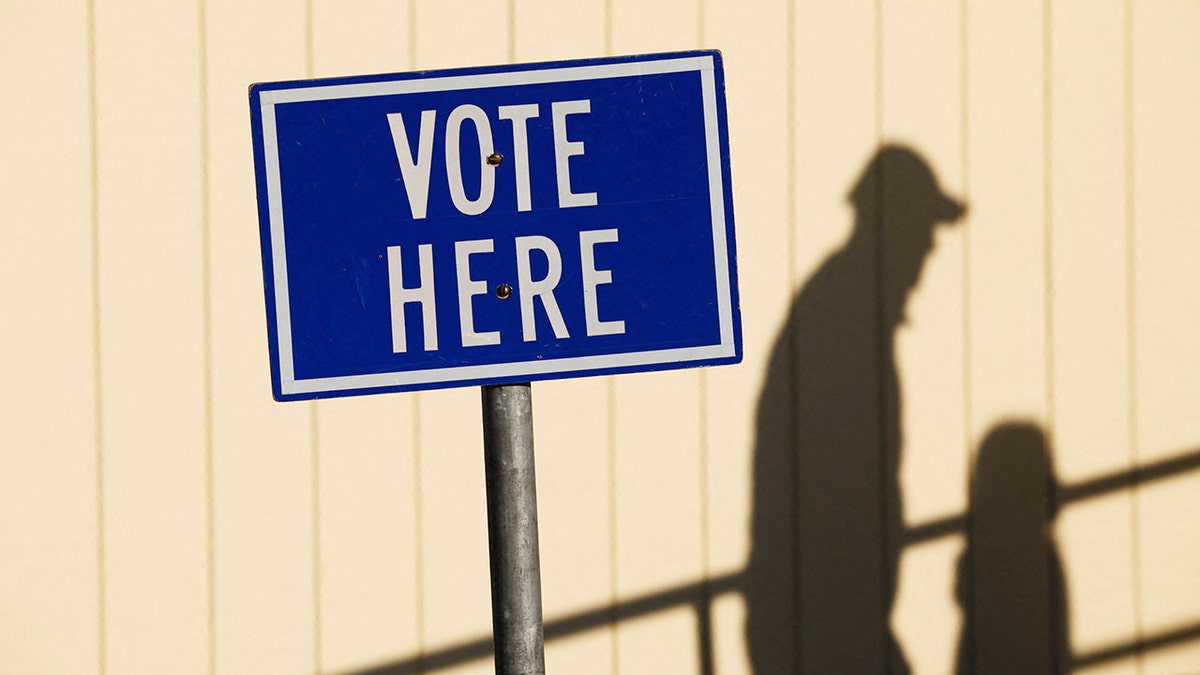Oregon voters will have the opportunity Tuesday to vote on a first electoral measure in the country that would impose an additional tax on large corporations that would be returned to the people as a basic income “rebate.”
The measure would increase the minimum corporate tax or corporate income tax by 3% on sales over $25 million, which in turn would provide the Beaver State’s 4 million residents an estimated $750 each , according to its main proponent.
Antonio Gisbert, a former neuroscientist turned organizer and former AFSCME representative, is the lead petitioner for the ballot measure. He told OpenDemocracy In a recent interview, “$750 a year can be negligible or life-changing depending on your privilege, income, and socioeconomic status.”
Gisbert added that a second review by the Oregon government estimated the tax would raise $7 billion and increase the rebate to $1,600 per Oregonian. In other comments, Gisbert said the new program would greatly reduce poverty in the state.
INGRAHAM: PORTLAND, OREGON IS AN EXAMPLE OF DEMOCRATS’ ‘REGION AND RUIN’
Activists in Oregon support a ballot measure Tuesday that would impose an additional tax on large corporations and return the revenue to the people in the form of a rebate. (Jim Steinfeldt/Michael Ochs Files/Getty Images)
According to another analysis, low-income residents could opt for a direct cash payment.
Gisbert said States Press Room that large corporations should “pay their fair share.”
“And when they do that, could you use about $1,600 for yourself and each member of your household? Yes. Great. Vote yes.”
The measure has the support of several left-wing entities, including the Oregon Progressive Party and the Pacific Green Party, but notably has bipartisan opposition.
Oregon Reps. Lori Chavez-DeRemer, a Republican, and Val Hoyle, a Democrat, joined Democratic Gov. Tina Kotek and Oregon’s largest corporation, Nike, in that regard, according to multiple reports.
“It’s such a bad tax that even prominent Democrats support Republicans in rejecting it,” said House Minority Leader Jeff Helfrich, R-Hood River. he told Willamette Week.
FORMER TRUMP AIDE DEFENDS THAT RED COUNTIES SEEKING SECESSION OF THE BLUE STATE DO SO

Oregon voters will have the opportunity Tuesday to vote on a ballot measure, the first in the country, that would impose an additional tax on large corporations that would be returned to the people as a basic income “rebate.” (REUTERS/Joel’s Page)
kotek he told the media that the ballot measure “may look good on paper,” but he predicted it would “blow a huge hole in the state budget” and put at risk essential services for the working families it seeks to help.
Chavez-DeRemer said in August that the new tax and refund would cause inflation across the state and would be “the last thing our state needs right now.”
“Join me in voting no on Measure 118,” he said.
In its own analysis, the Tax Foundation criticized the proposal, calculating that with the minimum gross receipts tax of 3%, a qualified business with profits of 7% would face an effective corporate income tax of 42%.
The only other state with anything remotely similar to the tax rebate program is Alaska, which Gisbert cited in wanting to give Oregonians a similar return.
CLICK HERE TO GET THE FOX NEWS APP

The skyline of Portland, Oregon. (Joe Sohm via Getty)
For more than 40 years, Juneau has paid Alaskans a dividend from the state’s revenue from oil and energy production.
However, Alaska’s dividend is not an additional tax on the oil industry, but rather a portion of the state’s standardized revenue that goes back to the people.
the lowest annual dividend was $386 in 1982 and the highest was $3,284 under Republican Gov. Mike Dunleavy in 2022.
Dunleavy has pushed for higher dividends for Alaskans while criticizing the federal government for continuing to attack oil and gas exploration in the Last Frontier, putting the dividend at risk.
“President Biden is looking for oil anywhere on the planet except at home,” he told Fox News Digital in a previous interview.








